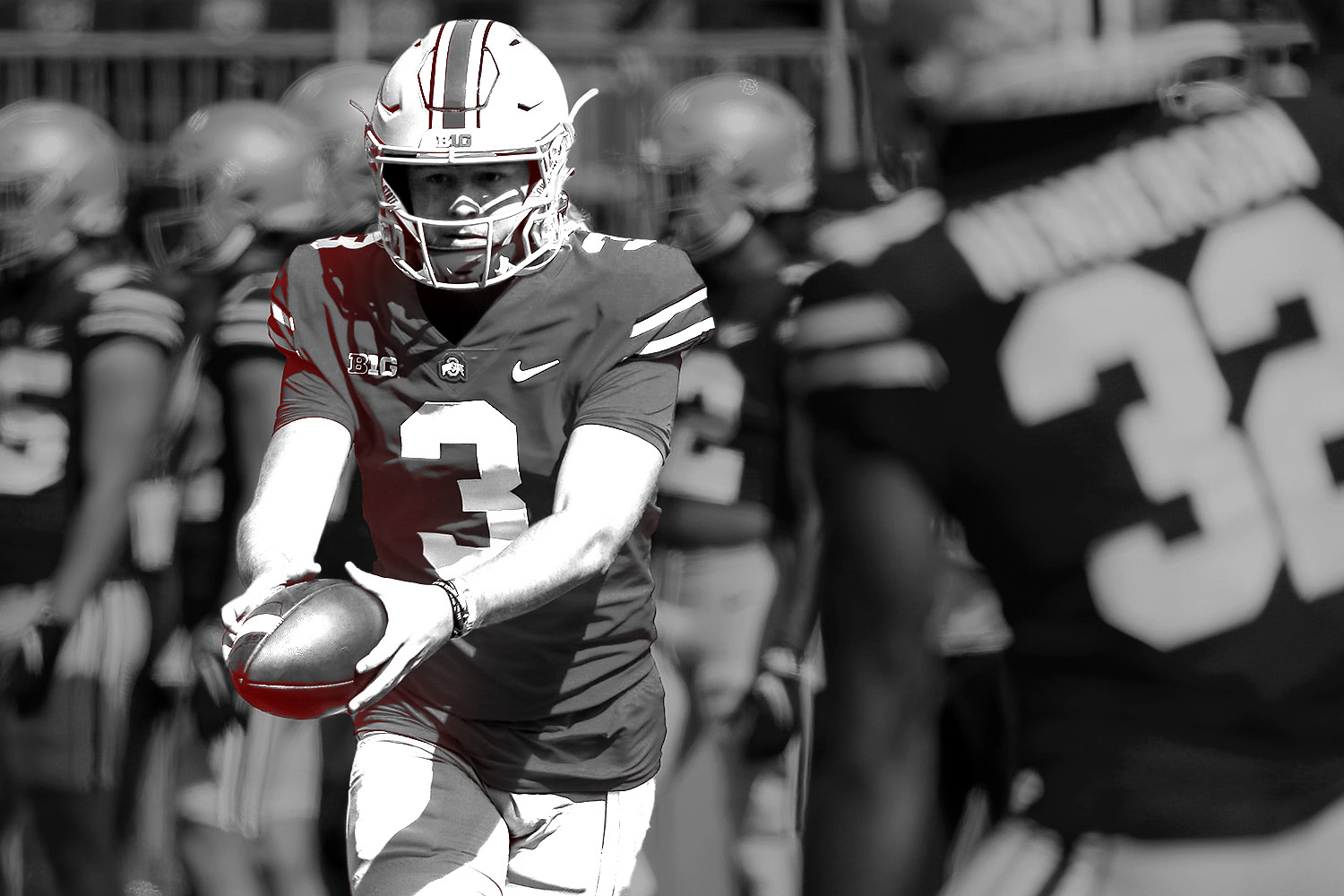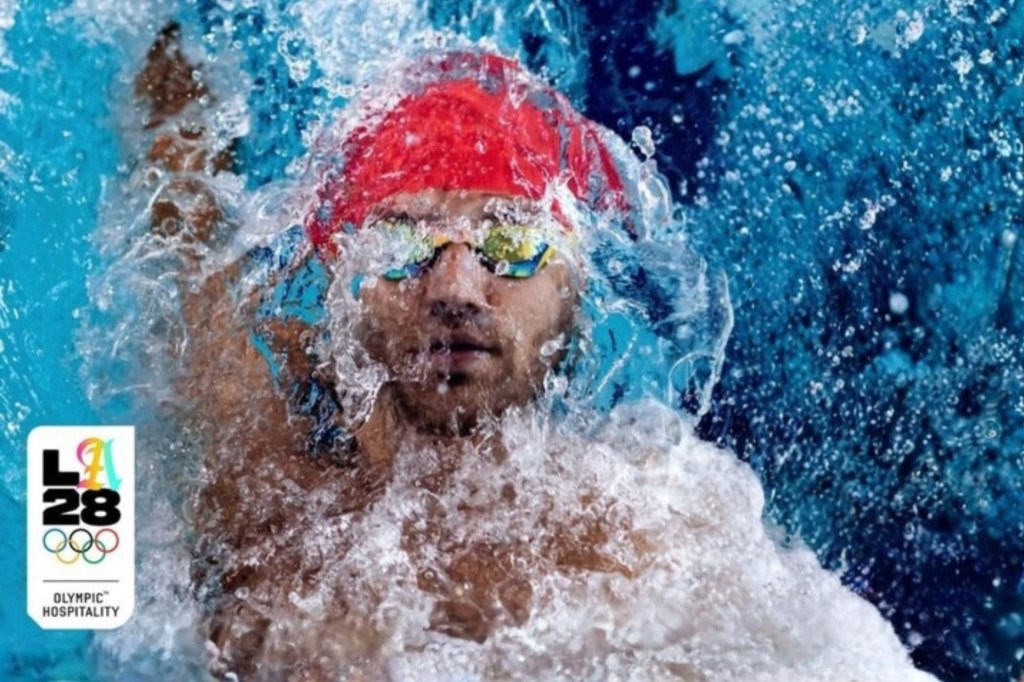The confusing patchwork of state NIL laws and school policies at the college level is even worse in high school.
It could affect where athletes choose to go to high school, or if they even play on those teams at all.
The National Federation of State High School Associations is the closest thing to an NCAA — but it doesn’t have the same power. It can only suggest guidelines and make recommendations.
Each state high school federation determines its own eligibility rules.
- Three states have confirmed that high school athletes can do NIL deals without losing eligibility, according to a late-September Opendorse study.
- More than 10 states confirmed that their athletes were prohibited from NIL activity.
- The remainder of states haven’t made definitive statements, and Opendorse wasn’t able to confirm their stances.
Some athletes can opt to play for club teams outside of state high school federations — like the one Mikey Williams plays for — which are not subject to these rules.
NFHS executive director Karissa Niehoff previously told FOS that some athletes might relocate to states that allow NIL. While Jada Williams hasn’t credited NIL for the decision, she’s transferring to a California school from Missouri — a state that prohibits deals.
Athletes could skip part of high school altogether. Ohio State quarterback Quinn Ewers left early after finding out he couldn’t profit off NIL in high school because of a Texas state law.
As the Buckeyes’ fourth-string quarterback, he’s now making more than $1 million in NIL endorsements.





![[Subscription Customers Only] Jul 13, 2025; East Rutherford, New Jersey, USA; Chelsea FC midfielder Cole Palmer (10) celebrates winning the final of the 2025 FIFA Club World Cup at MetLife Stadium](https://frontofficesports.com/wp-content/uploads/2026/02/USATSI_26636703-scaled-e1770932227605.jpg?quality=100&w=1024)











